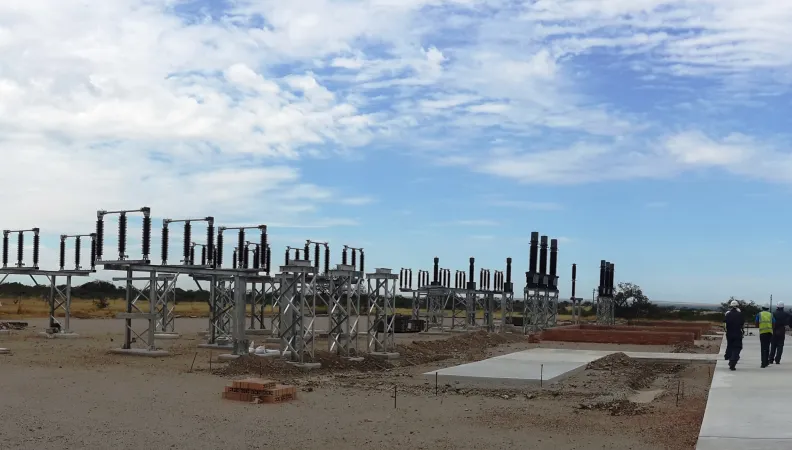Share the page
Improving access to electricity in remote areas
Project


-
Project start date
-
-
Project end date
-
-
Project duration
-
25 years
-
AFD financing amount
-
€ 150000000
-
Country and region
-
Location
-
Provinces du Cap Oriental, du KwaZulu-Natal et du Limpopo
-
Type of financing
-
Beneficiaries
-
ESKOM
In order to improve access to electricity in the most remote areas, as well as service quality for households that already have access to electricity in rural areas, AFD is supporting ESKOM’s investment programme in the Eastern Cape, KwaZulu-Natal and Limpopo Provinces.
Context
Despite the highest electrification rate in Sub-Saharan Africa, close to 3.3 million households were living without electricity in South Africa in 2014. In addition, access is uneven in the country, with rural areas mostly affected by lack of electrification and power cuts.
ESKOM, a wholly-owned public company, produces 95% of the country's energy, and has a monopoly on power transmission in the country. The company ensures electric power transmission in rural areas, while the municipalities are in charge of transmission in urban and peri-urban areas. After several years of under-investment, energy production capacities in South Africa are currently saturated, especially during peak hours, as can be seen from the regular electricity rationing for the largest power consumers, and almost daily power cuts that were experienced in 2014 and 2015.
Description
The program targets the three provinces with the greatest delay in electrification, namely the Eastern Cape, Limpopo and KwaZulu-Natal. Together, these three provinces account for more than half of the electricity access deficit.
The program will finance investments aimed at strengthening, modernizing and improving the reliability of power distribution networks. The program will also finance the reinforcement of the network required for the integration of renewable energy private plants.
Impacts
The program aims to:
- Support the national policy to improve access to electricity;
- Improve the performance of rural electricity distribution, and;
- Support the integration of renewable energies into the distribution networks.


